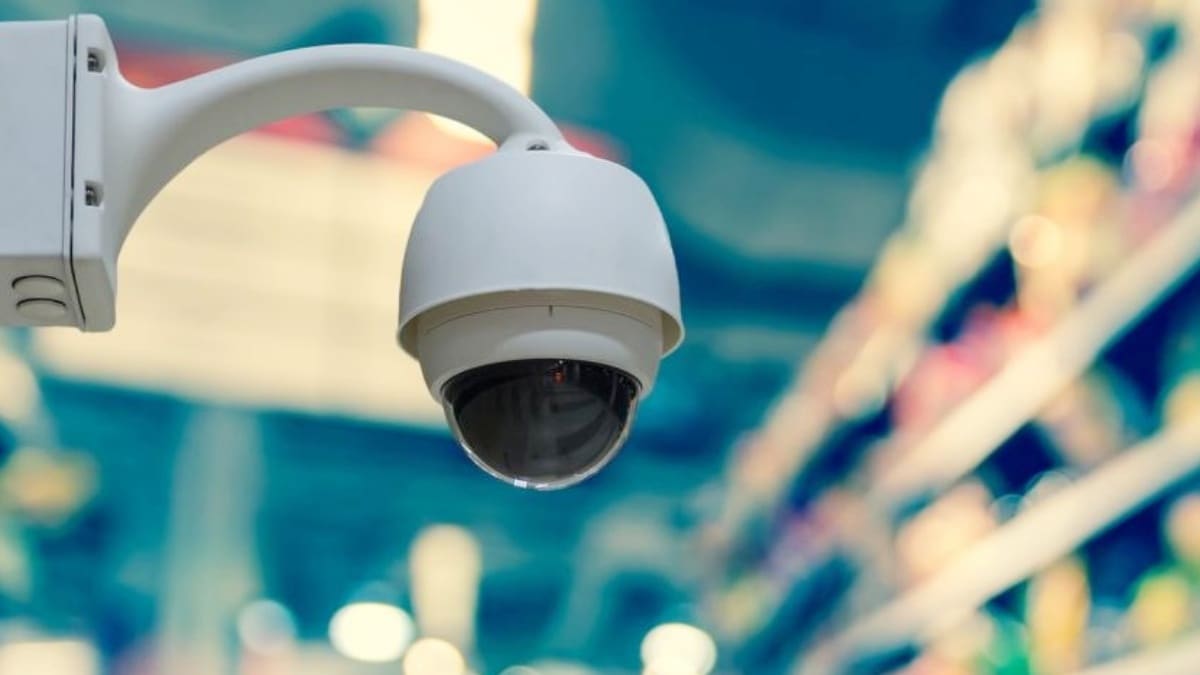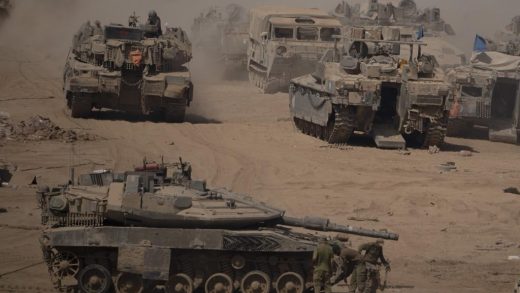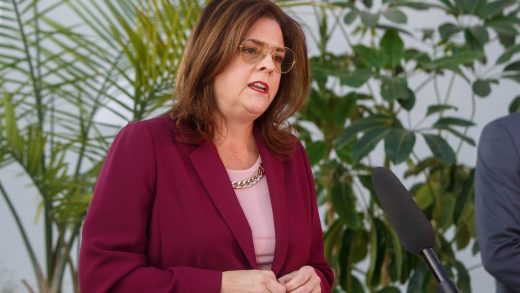
A survey has shown a “high-level” of public support for certain forms of government surveillance like through CCTV cameras even as the poor and groups such as Dalits and Muslims have the “least” trust in the police.
Surveyors from NGO Common Cause and the Lokniti programme of the Centre for the Study of Developing Societies spoke to a total of 9,779 individuals in 12 states and Union Territories before they released the “Status of Policing in India Report 2023: Surveillance and the Question of Privacy” on Friday in the national capital.
“The study also involved focus group discussions with domain experts, in-depth interviews with serving police officials, and an analysis of media coverage of surveillance-related issues,” according to a statement.
The findings of the survey, according to the statement, indicate a “high-level of public support for certain forms of government surveillance, but also a lack of public awareness regarding critical issues such as the Pegasus scandal and the Puttaswamy case.” While the Pegasus refers to the alleged usage of military grade spyware for surveillance, the judgment in the Puttaswamy case formally recognised right to privacy as a fundamental right.
The survey report states that the support for any form of surveillance is “directly proportional” to the respondent’s socio-economic status, i.e. the richer the respondent the more the support, the survey found.
The poor, Adivasis, Dalits, and Muslims trust the police the least, it found.
Some of the key findings of the survey state that “only one in four people strongly feel that CCTVs carry a risk of illegal mass surveillance.” “Nearly three out of four people strongly believe that CCTVs help monitor and reduce crimes,” it said.
The survey found, according to the press statement, that about half of the respondents supported the collection of biometric details of suspects while Adivasis and Muslims were “most critical” of the police collecting biometric details of all suspects.
More than one out of two people strongly support the use of drones by the armed forces, government, and police. However, farmers and the poorest are most likely to oppose drone usage by government agencies, the survey found.
“One out of two people fully support the use of FRT (facial recognition technology) by the government, and police. People are four times more likely to strongly support the use of FRT by government agencies, compared to its use by private entities,” the survey found.
Nearly two out of three respondents believe that political parties surveil citizens for electoral gains, it said.
The survey also found that large sections of the respondents feel government surveillance by CCTVs (52 percent), drones (30 percent) and FRT (25 percent), etc. to suppress protests and political movements are “justified” to a great extent.
However, it said, the respondents from Punjab are least likely to support government surveillance during protests, while those from Gujarat are most likely to support it.
Retired Uttar Pradesh Police and BSF Director General Prakash Singh said the authorisation for putting up surveillance tools should only be handled by the government.
“In India there are certain agencies that have been authorised to put people under surveillance, but the sanction must come from the Home Ministry. About one lakh sanctions for surveillance are given every year, which works out to about 250 per day. Can there be judicious application of mind with such a large number?” “There is no liability provision, if it is found that a wrong person has been put under surveillance. Due application of mind is not happening today,” Singh, one of the most prominent faces who worked for police reforms in the country, said.


